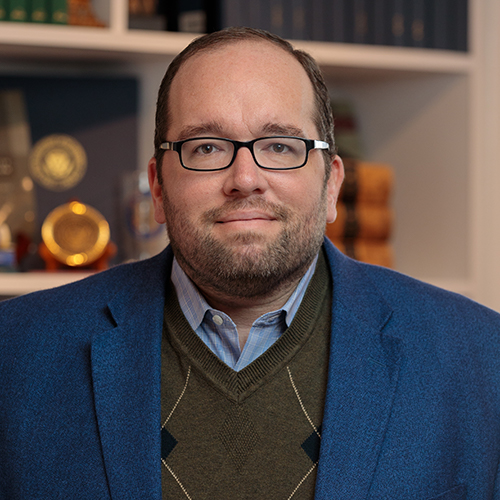In An Appeal to the Public for Religious Liberty Against the Oppressions of the Present Day, a Baptist pastor in colonial Massachusetts penned these now-famous words:
Religious matters are to be separated from the jurisdiction of the state, not because they are beneath the interests of the state but, quite to the contrary, because they are too high and holy and thus are beyond the competence of the state.
God has appointed two kinds of government in the world, which are distinct in their nature, and ought never to be confounded together; one of which is called civil, the other ecclesiastical government.1
Backus could not have known the new world these words helped bring into existence. Though the idea of religious liberty was not new to Backus and, in some form or another, has been around at least in part since the second century and Tertullian,2 Backus and his contemporaries bequeathed to us a world where religious liberty is a reality, even if in imperfect forms. Three hundred years after the birth of this consequential man, Baptists are still wrestling with Backus’s words as we contemplate freedom of religion in an increasingly confused age.
Whereas Backus and his contemporaries surveyed the wreckage of a too cozy alliance with the church and the state, the strong arm of government often coming down on the side of one Christian tradition or the other, today Baptists wrestle with the wreckage of secularism. The strong arm of the government is often quick to push Christianity into the margins of private devotion.
On offer, as an antidote to a fraying social fabric are two competing visions. One, a small, but loud cohort of would-be magisterial Protestants casting their lonely eyes toward the state church of the medieval era. Another, a strict separationism which flinches at any intersection of Christianity and government. Ironically it is traditional Baptist theology, as confessed by Baptists, that might serve as an alternative to these, in the view of this author, aberrant approaches.3
Click Here to Read More (Originally Published at Equip the Called)
Daniel Darling is an author, pastor and Christian leader. Prior to his leadership of the Land Center and faculty role at Texas Baptist College, Darling served as the Senior Vice President for Communications of the National Religious Broadcasters. He also has served the Southern Baptist Convention as the Vice President of Communications at the Ethics and Religious Liberty Commission.

